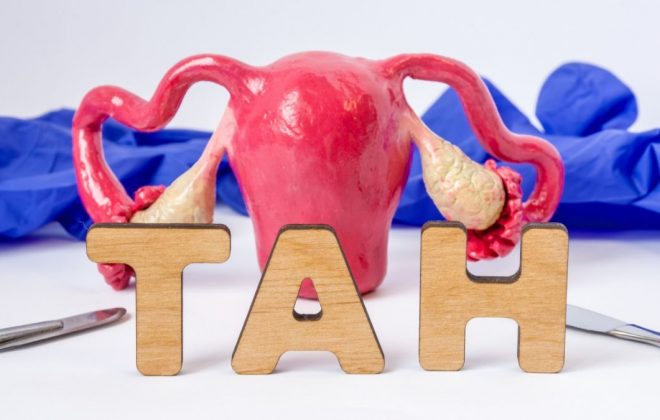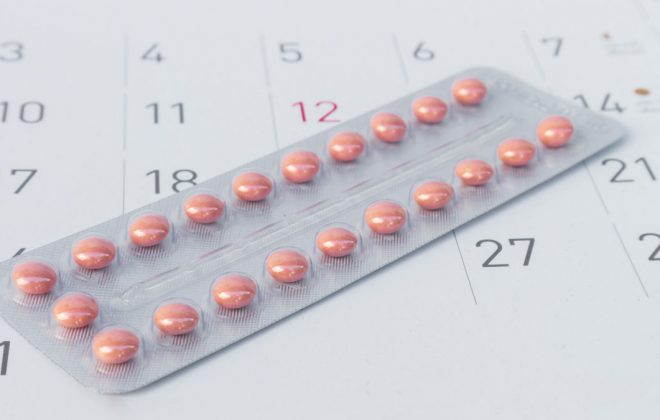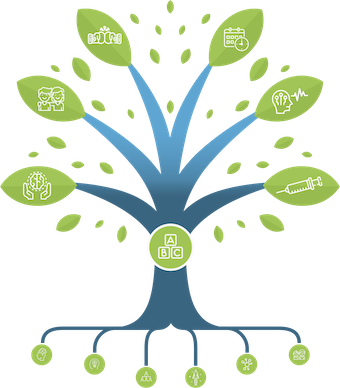Women, hormones and migraine: an overview
Research has shown that women are 3 times more likely to have migraines than men. This is because hormones are linked to migraines. What are the links between hormones and migraines? There have been lots of medical research regarding hormones and their effect on migraines….
Should I have my uterus removed to treat migraine
What are the functions of the uterus, fallopian tubes and ovaries? The uterus, fallopian tubes and ovaries are reproductive organs: they are required to have a baby. The ovaries produce hormones such as estrogen and progesterone. The ovaries also produce the egg. The fallopian tubes…
Pregnancy and Migraine
** Pregnancy is a sensitive situation in medicine. Please discuss any question with your health care provider before making health decisions. Migraine commonly occurs during a women’s reproductive years. Treating migraine during pregnancy can be challenging as the migraine pattern may change, and most importantly…
What is menstrual migraine?
Menstrual migraines are headaches that are associated with your period (menstrual cycle). During a specific time of your period, hormone levels such as estrogen drops which can trigger migraine headaches. What is the medical definition of menstrual migraine? If you are experiencing more painful headaches…
Menopause and Migraine
What is menopause? This is the time in a woman’s life where her periods stop as the levels of hormones including estrogen and progesterone goes down. Menopause typically occurs between the age of 45-55. On average, the age of menopause is 51 years. You may…
Contraception and Migraine
Women have 3 times higher risk of having migraine than men. Reasons for this include hormonal fluctuations and genetic factors. Migraine may be a lifetime disorder especially for women and can be troublesome during their reproductive years (i.e. start of menses to menopause). During these…
Categories
THE MIGRAINE TREE
- BRANCHES
- ACUTE TREATMENTS
- DEVICES AND NEUROMULATIOIN
- PREVENTIVE TREATMENTS
- PROCEDURES AND INJECTIONS
- SELF-CARE AND LIFESTYLE
- SOCIAL LIFE
- TRUNK
- ROOTS
OTHER CATEGORIES








